The Margaret Cuninggim Women’s Center will offer free emergency contraception to the Vanderbilt community, effective January 2024. The “Julie” morning-after pill is available weekdays from 8 a.m. to 4:30 p.m. CST at the Women’s Center’s downstairs bathroom as part of a larger effort to provide “low-cost, stigma-free access” to contraception, according to Sarah Brennan, a program coordinator at the Women’s Center.
According to Brennan, Supporting Initiatives to Redistribute Unused Medicine, a national nonprofit for medicine accessibility, contacted the Women’s Center during the fall 2023 semester as part of an emergency contraception access initiative.
SIRUM matches medical wholesalers with community-based, nonprofit partners to collect and distribute excess over-the-counter medications, such as emergency contraception, to those in need. Brennan added that, in parallel, the Women’s Center is supporting Vanderbilt Student Government’s goal of bringing a health and wellness vending machine to campus.
According to Julie’s website, the medication is a one-step morning-after tablet that reduces the likelihood of pregnancy after unprotected sex. Julie partners with other organizations to build a “distribution network” that includes bars, universities and pharmacies to make contraception more accessible in impacted areas.
In Tennessee, abortion has been illegal since a trigger law went into effect in August 2022, shortly after the Supreme Court’s Dobbs v. Jackson (2022) decision. Later laws, signed into effect by Gov. Bill Lee, make it illegal to mail abortion pills — but these laws do not apply to emergency contraceptives, like Julie, which remain legal in the state.
According to Brennan, the Women’s Center also offers programming, including peer-led sex education workshops, to give the university community more tools to make informed decisions about their sexual health.
Student advocates at the university expressed excitement and support for the new offering. Senior Caroline Rutigliano, co-president of Vanderbilt Generation Action, called the addition “incredible,” pointing to accessibility issues she believes it will help resolve.
“There is so much stigma surrounding the morning-after pill, and being able to easily access it at the Women’s Center for free is an amazing step forward,” Rutigliano said. “This is crucial because retail pharmacies sell emergency contraception for around $45-$50, and not everyone can afford this.”
Rutigliano added that the placement of emergency contraception at the Women’s Center was particularly noteworthy, given its role on campus as a “safe space” to access sexual health products “without fear of judgment or cost.”
Vanderbilt Reproductive Health and Parental Resource Coordinator Hannah Proctor explained that “removing barriers to access to emergency contraception” was a recommendation from the university’s Reproductive Health Task Force. Creating easy access to emergency contraception is “an important strategy on all college campuses,” Proctor added.
The university’s Reproductive Health Task Force was created to address impacts from the Supreme Court’s decision to overturn federal abortion rights, and the Office of Health and Wellness monitors those impacts in partnership with Student Affairs. Proctor’s role was created following one of the task force’s first recommendations, and she assumed the role in September 2022.
“Reflecting on the growth of my role since it began, what I can say is that there is truly a need for it,” Proctor said. “I consistently receive feedback from students — graduate and undergraduate — that having an accessible person to talk to regarding resources and options allows for someone to feel seen and supported while having to navigate such a personal, sometimes uncertain, situation.”

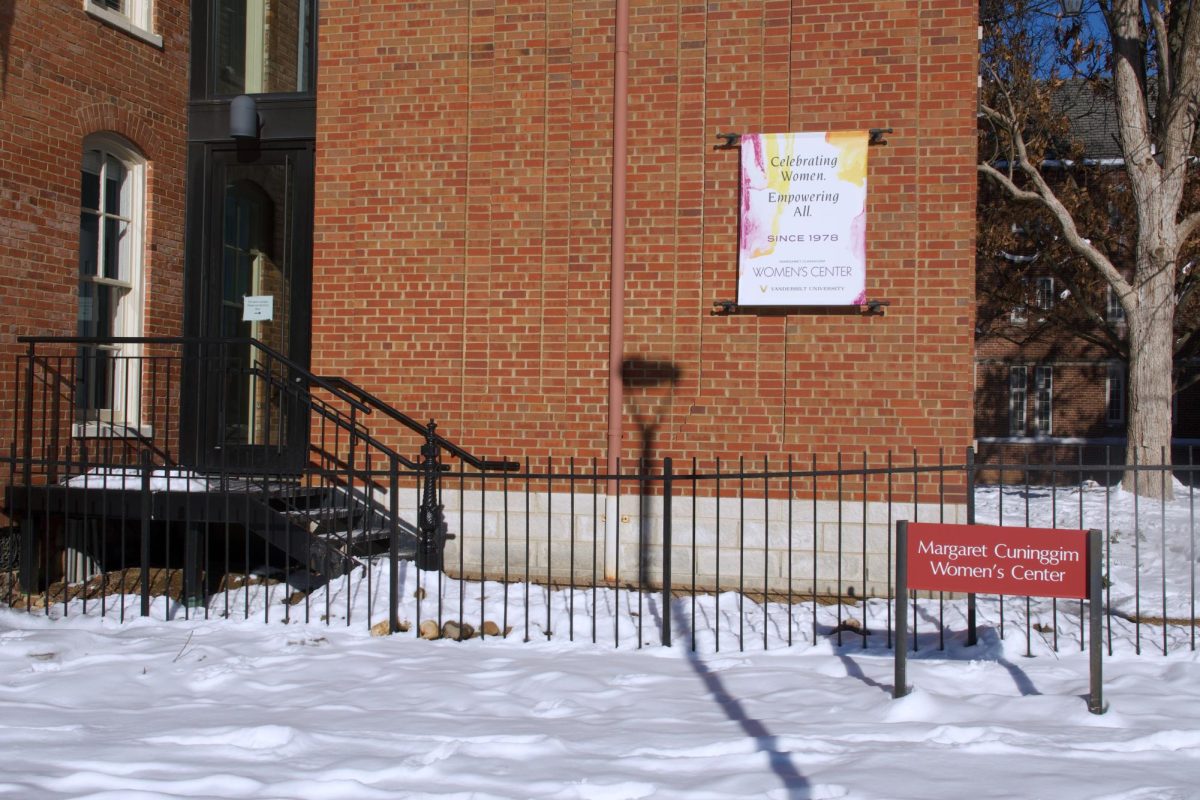

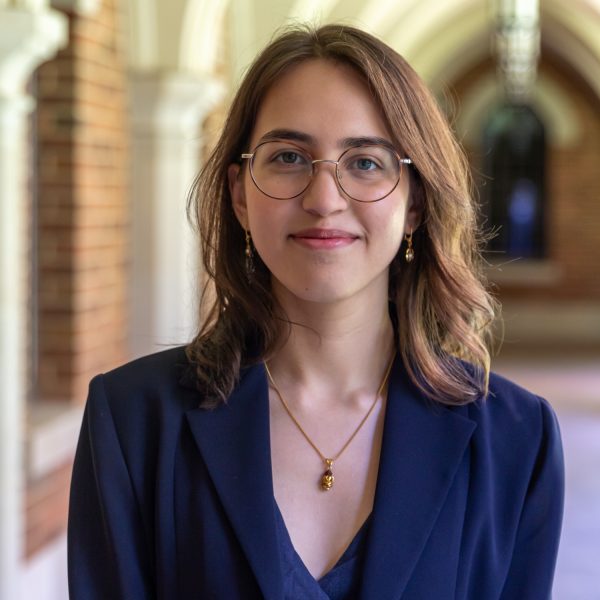

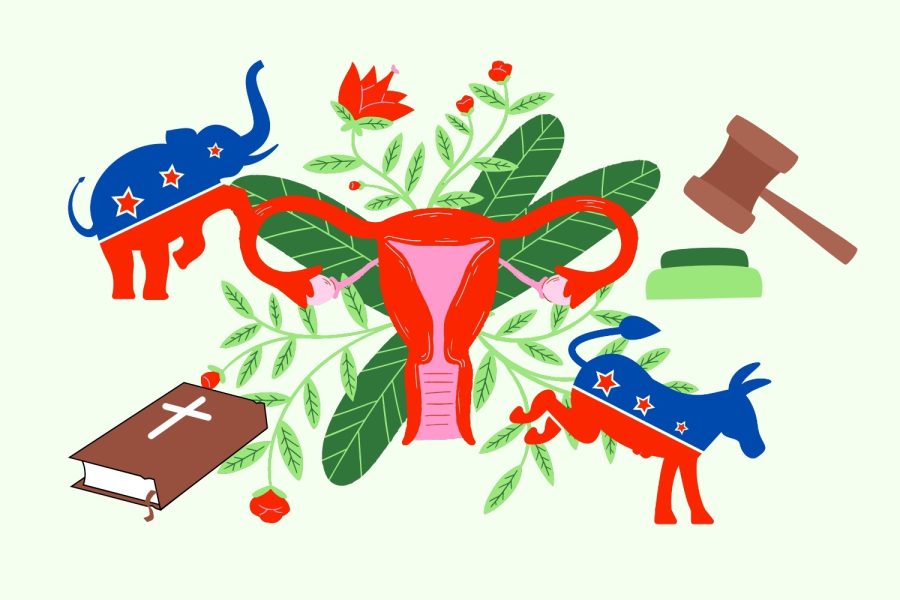

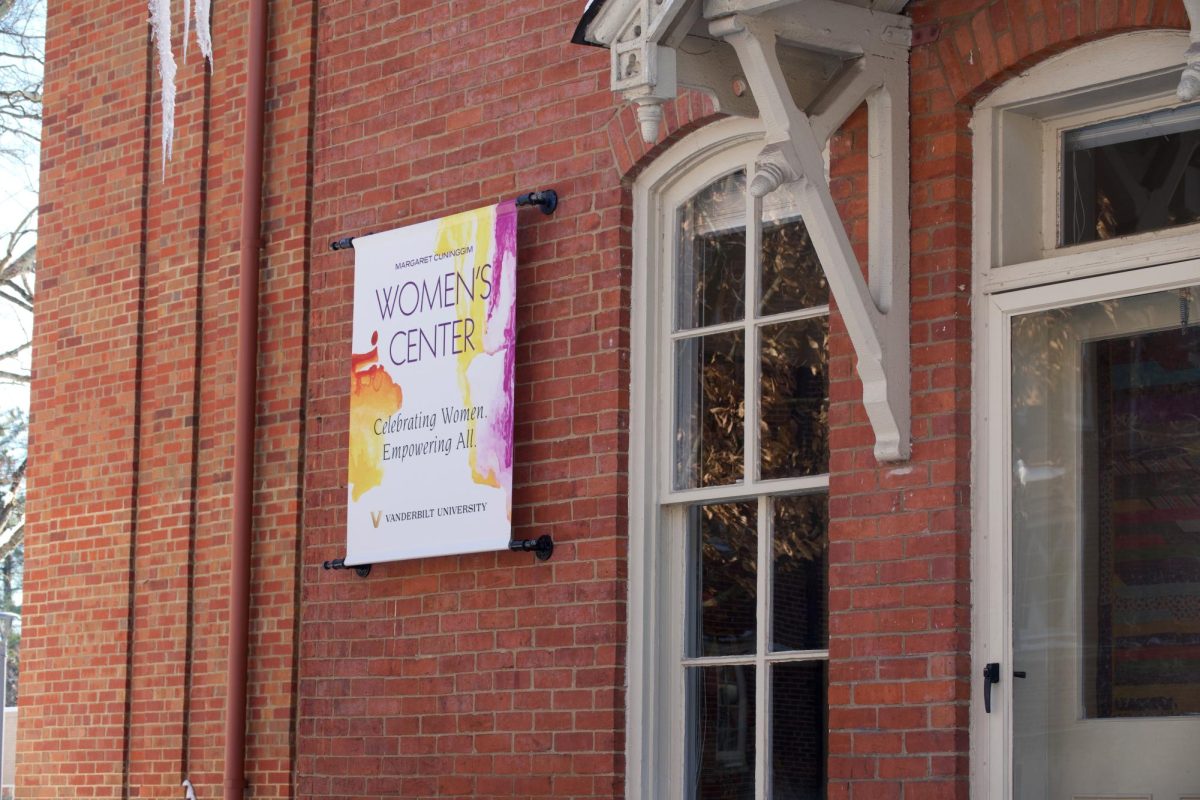
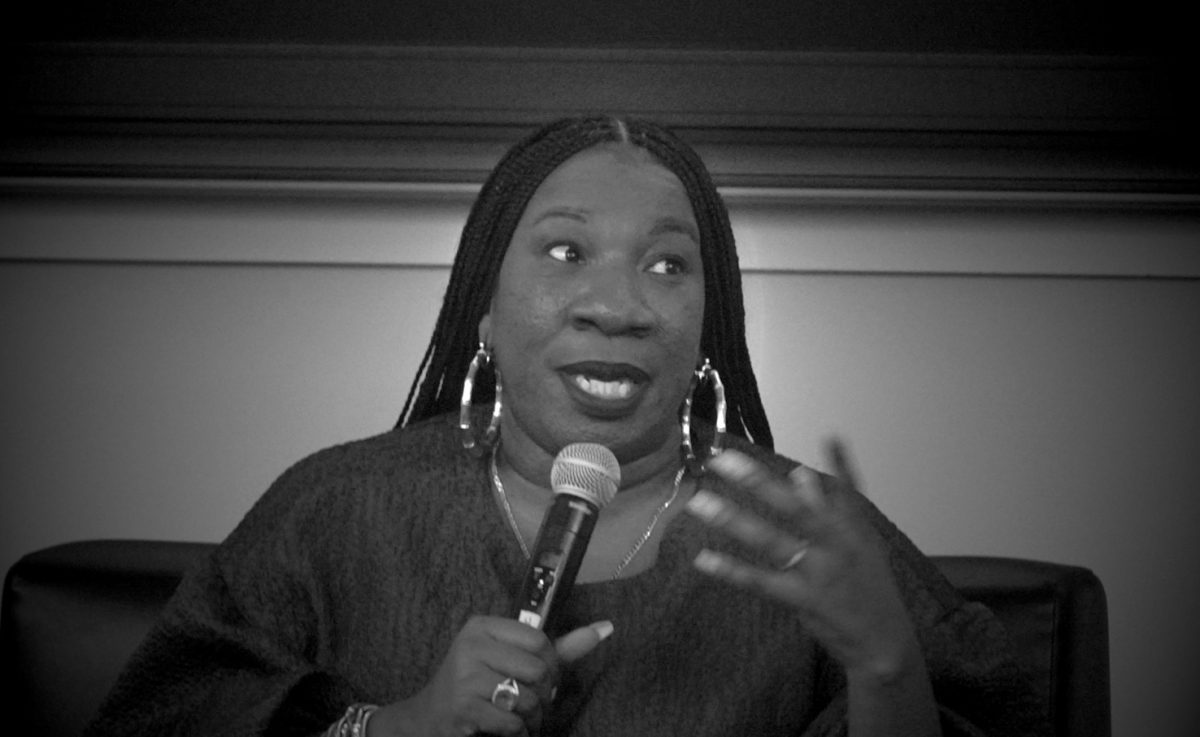
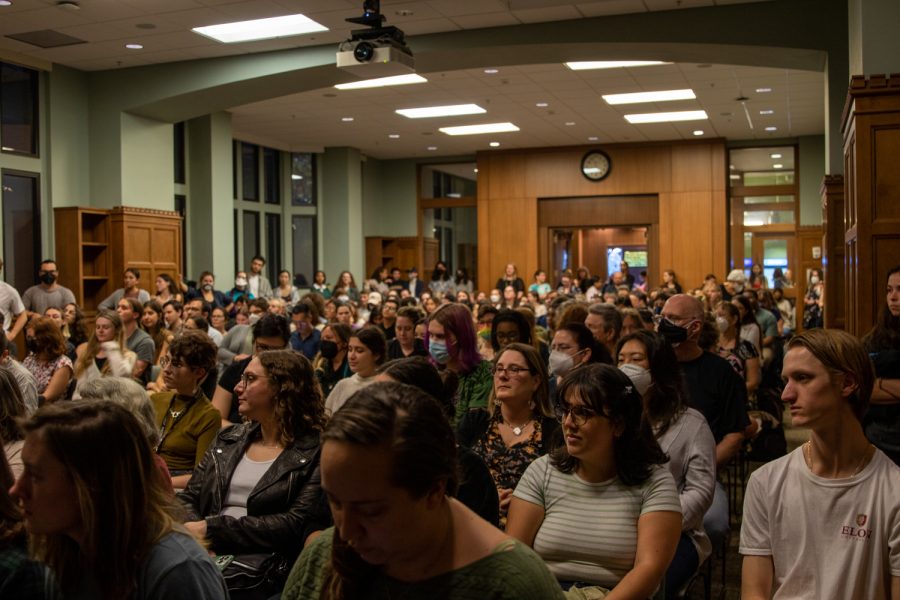

VU25 • Jan 31, 2024 at 7:55 am CST
Hopefully our tuition isn’t covering this.